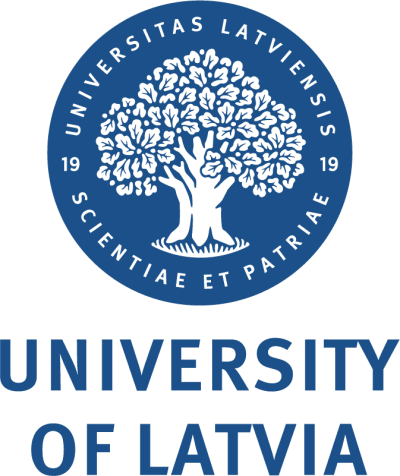
PhD Philosophy
University of Latvia

Key Information
Campus location
Riga, Latvia
Languages
English
Study format
On-Campus
Duration
3 - 4 years
Pace
Full time, Part time
Tuition fees
EUR 12,804 / per course
Application deadline
Request info
Earliest start date
Sep 2024
Introduction
ERASMUS+ exchange possibilities
UL full-time students, regardless of their citizenship, have the opportunity to apply for the ERASMUS + exchange program for studies or/and traineeship.
Admissions
Curriculum
The study programme consists of three parts:
Part A (Compulsory)
132 credits
This includes the doctoral thesis (80 credits over three semesters), three promotional examinations, academic publications in philosophy (3 publications required, 6 credits total), regular research seminars, international research seminars in philosophy (10 credits total), study courses “Trends in 21st century Philosophy” and “International Philosophical Organisations” (8 credits total);
Part B (Limited choice)
8 credits
Limited choice courses include “New Developments in the 21st Century Philosophy of Culture” (8 credits), “Relevant Issues in Aesthetics and Social Philosophy” (2 credits), “Emerging Trends in Inter-Cultural Philosophy”, “Philosophy of Enlightenment” (4 credits), “Approaches in Philosophical Humanism” (6 credits), “Philosophy of History” (4 credits);
Part C (Optional choice)
4 credits
Optional choice courses are focused on academic teaching skill development.
Program Outcome
After successful completion of the Doctoral Study Programme, a PhD student will have acquired the following competences:
1. Knowledge (intellectual competences):
1.1. The ability to independently develop novel research topics;
1.2. The ability to independently carry out academic research in compliance with existing theoretical and practical standards;
1.3. Deep professional knowledge in the selected research area and philosophy in general;
1.4. Academic writing skills necessary to produce papers conforming to good international practice.
2. Practical competences:
2.1. The ability to work in project teams and coordinate one’s individual activities with those of more experienced researchers and professors;
2.2. The skills necessary to develop project proposals for national and international research competitions;
2.3. The ability to select relevant research methods balancing theory and its practical application;
2.4. The skills necessary for a successful career in research management, academic and governmental institutions;
2.5. The abilities essential for an expert to address issues of national importance in the field of humanities and culture, social problems related to philosophy and ethics, as well as social integration, education and cultural policy.
3. Excellent communication skills.